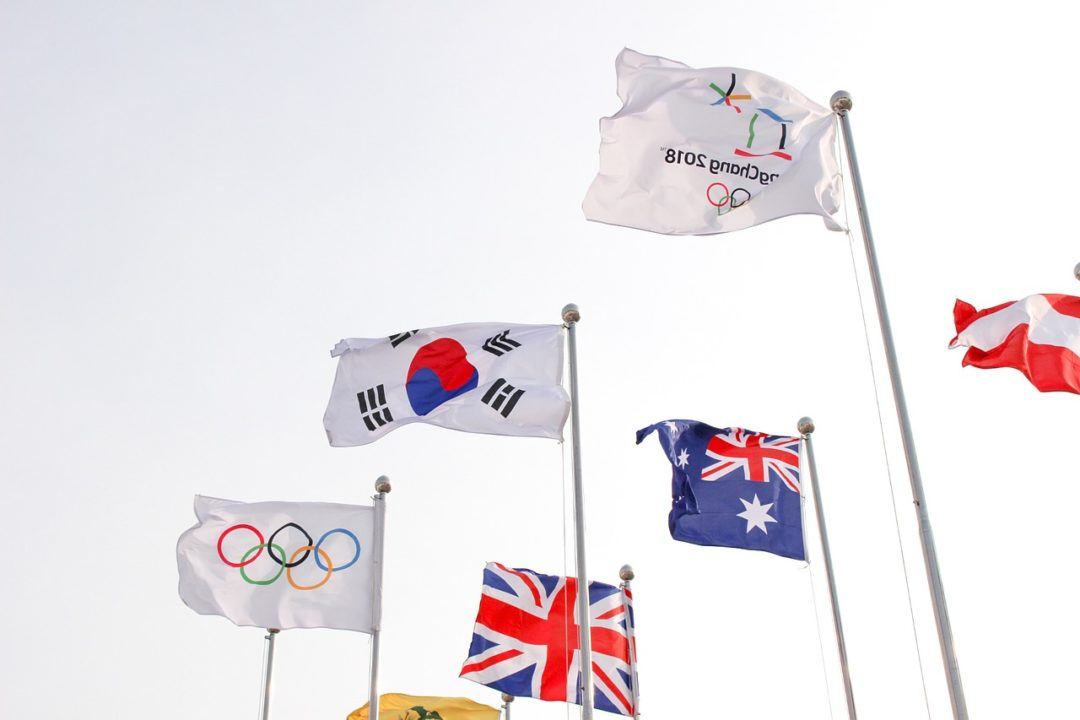Organizers of the 2018 Olympic Winter Games in PyeongChang, South Korea are touting a $55 million surplus for the organizing committee, which bucks the trend of recent cost overruns at the Olympics. According to a press release by the IOC, it was IOC measures that were put in place that led to cost savings and increased revenue.
Specifically, the IOC hailed a new “Olympic Information Service,” a turnkey solution delivered by the IOC. This allowed 30,000 accredited seats to be sold to the public, it allowed them to skip building a secondary “mountain” broadcast center, and allowed for a 30% smaller main broadcast center – which was moved to an existing building.
The numbers, though, are specific to the costs for the actual organizing committee itself, and don’t correlate to the overall cost overruns of the Olympics. The estimated cost of the Pyeongchang Winter Olympics was $13 billion. While that’s a significant dropoff from the extravagant Sochi Olympics 4 years earlier, it’s still almost double the initial cost estimate of $13 billion.
The IOC says the new measures put in place that already helped the Pyeongchang organizing committee has saved the Tokyo organizing committee $4.3 billion – 2.2 billion saved during the review of the venue masterplan, plus an additional 2.1 billion thanks to the reforms.
With more than 18 months to go until the Tokyo Olympic Games, it’s too early to know where the total cost number will land, but we do know that the cost to the Japanese national government has already ballooned to more than $7 billion – roughly 7-times the original estimate.
While the line wasn’t specifically drawn, the message from the IOC, though, seems to be directed at organizing committees and attempts to entice them to bid by dangling big surpluses – and encouraging them to reinvest that money into local sporting pet projects.
From the release:
“Any surplus from the organisation of the Games is normally divided between the IOC, the Organising Committee and the host National Olympic Committee for the benefit of sport and the Olympic Movement.
POCOG is yet another example of Organising Committees breaking even or creating a surplus that can be used for the development of sport in the host nation.”
